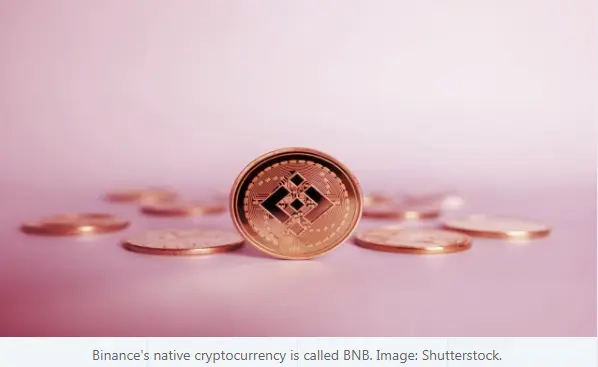
Brazil has not designated Bitcoin as legal tender, but it did the next best thing: it passed a law legalizing cryptocurrencies as means of payment throughout the country, giving a regulatory boost to the adoption of digital currencies and the expansion of the ecosystem. Brazil's Chamber of Deputies approved a regulatory framework legalizing the use of cryptocurrencies as means of payment in the country. The document—signed under code PL 4401/2021—provides for the inclusion of virtual currencies and frequent traveler rewards from airlines (the popular "miles") in the definition of "payment agreements" under the supervision of the country's Central Bank. The law, which is already approved and only requires the signature of the President of the Republic to be enacted, gives legal status to payments in cryptocurrencies for goods and services—but does not grant them the status of legal tender. Brazil has made considerable progress in terms of cryptocurrency regulation and adoption among investors. It is currently the country with the most cryptocurrency ETFs in Latin America, and most of the country's major banks and brokers currently offer some type of exposure to cryptocurrency investments or similar services like custody or token offerings. Even Itaú, one of Brazil's largest private banks is working to tokenize assets as part of its future pack of services to investors. After the law comes into place, it will be up to the executive branch of the government (the president and its ministers) to determine the body or office in charge of supervising the matter—only tokens categorized as securities fall under the jurisdictions of the CVM, Brazil's equivalent to the SEC. Until today, the public agencies most involved in the area have been the country's own Central Bank and the CVM. In addition, the law establishes rules for the operation of cryptocurrency exchange platforms, as well as the services of custody and administration of cryptocurrencies by trusted third parties. The law does not mention any dispositions regarding the issuance of a central bank digital currency; however, the country has already made significant progress in the matter. One of the most important aspects of the regulation is the obligation for service providers to separate their funds from those of their clients as a way to prevent a situation similar to that of FTX, where the exchange used its clients' funds for its own financial operations. The law avoided a provision granting tax benefits to cryptocurrency miners and also recognized that digital currencies facilitated criminal operations because of their pseudonymous nature, calling for "closer monitoring" of the industry. By Jose Antonio Lanz, Nov 30, 2022, https://decrypt.co/116011/brazil-legalizes-crypto-method-payment




